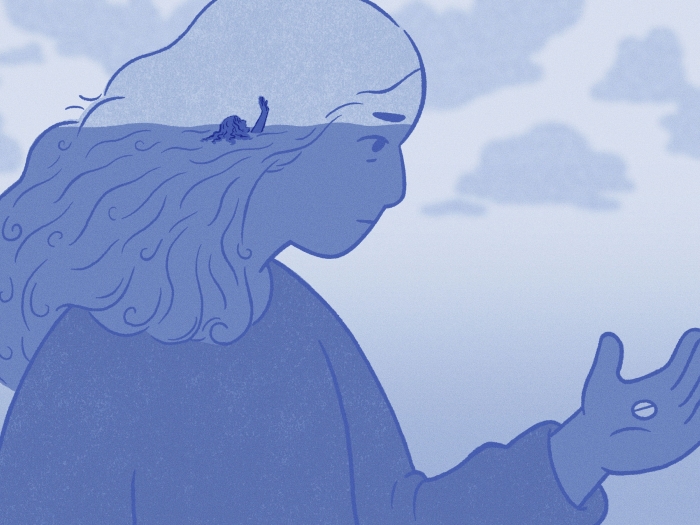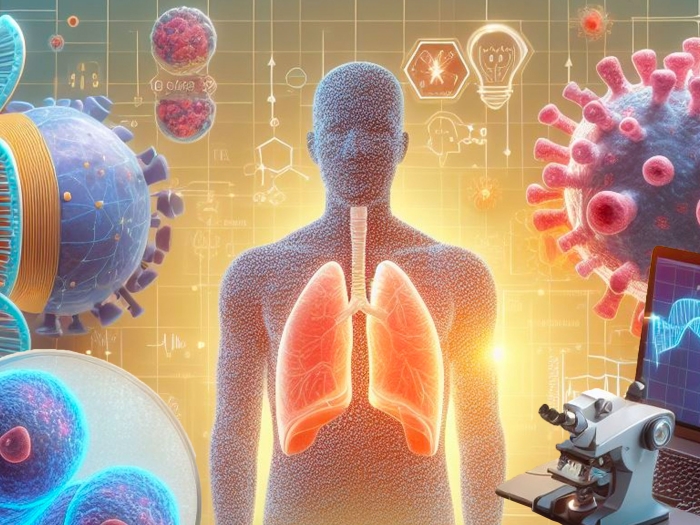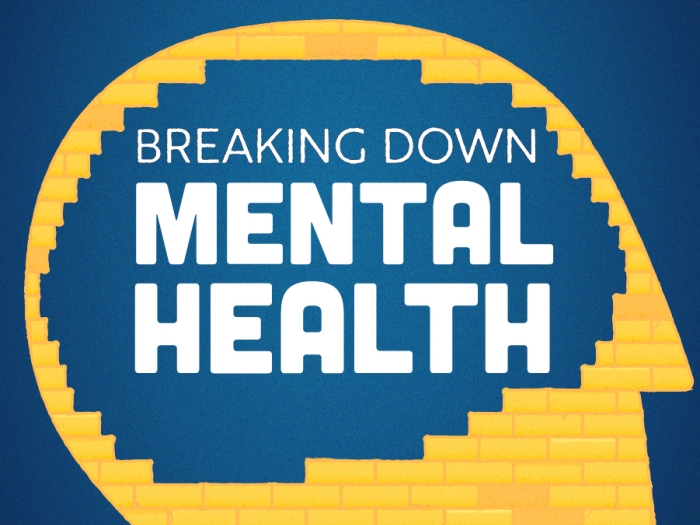The stress of the first year after medical school drives up thoughts of suicide to nearly four times the normal rate. But help might be as close as the smartphone in an intern’s white coat.
12:41 PM
Author |

If you think your life is stressful, try being a new doctor.
The first-year internship after medical school means round-the-clock hours, low rank, constant demands from patients and superiors, learning complex new skills and constant fear of making a mistake that could harm a patient.
The result: a year of stress, sleeplessness and self-doubt that drives up thoughts of suicide to nearly four times the normal rate.
But help may be as close as the smartphone in the pocket of an intern's white coat. A study shows that a free Web-based tool to support their mental health may cut the rate of suicidal thoughts in half.
The free Web-based cognitive behavioral therapy, or wCBT, tool offers a digital, streamlined form of the "talk therapy" that mental health professionals provide in office visits. It's called MoodGYM.
The study's findings suggest that such a tool could help others in high-stress, high-pressure positions. The study, published in JAMA Psychiatry, comes from a team led by psychiatrists at the University of Michigan and the Medical University of South Carolina, or MUSC, who have studied depression and suicide among medical students and young doctors for years.
A tool to help hospitals — and individuals — help themselves
Teaching hospitals and medical schools could use the new results to guide mental health programs for interns, residents and medical students. Or, if nothing else, interns and others can use such Web-based tools to help themselves.
"This is a relatively risk-free intervention to help interns recognize and treat depression," says Srijan Sen, M.D., Ph.D., senior author of the study and a U-M Medical School faculty member. "This is the first study to show that wCBT can reduce suicidal ideation, or suicidal thoughts, in training doctors."
Medical interns make an ideal population to study wCBT's effects, says Sen, because all of them experience a predictable sharp rise in stress and pressure with the start of their residency. There aren't too many other populations like that to study. Sen's past work has shown just how prone that makes them to depression.
Sen's colleague and first author of the study, Connie Guille, M.D., of MUSC, adds that this type of intervention is well-suited to this population because "the majority of interns won't seek traditional mental health treatment, mainly because they lack the time, don't have convenient access to care or have concerns about confidentiality."
Sen and Guille tested the app on 199 interns. All volunteered to take part, and half were randomly assigned to use the wCBT group.
The other half received general information on depression and suicide and contact information for mental health professionals.
In all, one in five of this latter group thought about suicide sometime during the internship year — compared with one in eight of those who used the MoodGYM. Most of those assigned to use the MoodGYM site stuck with it, using it all year.
This is a relatively risk-free intervention to help interns recognize and treat depression.Srijan Sen, M.D., Ph.D.
An app for specific stresses
Sen and colleagues are working to build on the success of the wCBT test by developing an app designed specifically for medical trainees. It will focus on specificsituations and stresses new doctors encounter. They're not affiliated with MoodGYM's developers from the National Institute for Mental Health Research at the Australian National University.
Other studies have shown that wCBT can help people treat existing depression but never in a randomized controlled way to prevent mood problems in a group whose stress level changes almost overnight and remains high for an entire year.
"Doing this in physicians means we now have a model that shows that this form of wCBT can be remarkably effective as a preventive tool," says Sen, an associate professor in the U-M Department of Psychiatry and a member of U-M's Depression Center and Molecular and Behavioral Neuroscience Institute. "There's a good chance that it would be helpful for all populations undergoing some sort of stress and should be explored and tested in these populations in the future."

Explore a variety of healthcare news & stories by visiting the Health Lab home page for more articles.

Department of Communication at Michigan Medicine
Want top health & research news weekly? Sign up for Health Lab’s newsletters today!





